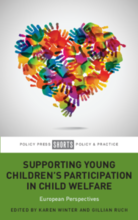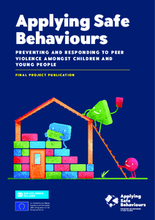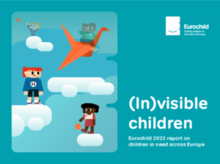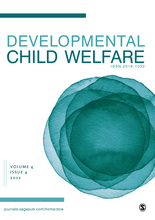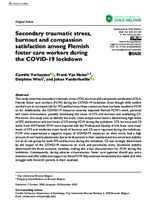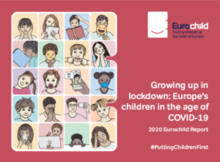Displaying 1 - 10 of 58
This Policy and Practice Short has emerged from an Erasmus+ Key Action 2 project funded by the European Union (EU). The project has become known as the PANDA project, an acronym drawn from the words participation and collaboration for action, and its focus is on promoting the participation rights of young children, aged 12 and under in child welfare and child protection.
This study examines the role of transition plans (TPs) in supporting young people leaving youth care in Flanders, identifying ownership, integrated working, and social support as key elements for effectiveness. While TPs have strong potential to guide meaningful transitions, their success depends on flexible, person-centred design and reflective professional practice that aligns with young people’s aspirations and values.
The project aims to make children and young people active agents in creating a safe environment for themselves and their peers, and to enable professionals who work with and care for children and young people to respond appropriately to peer violence amongst them.
This report highlights the recommendations and priorities that EU decision-makers and national governments can do to support the most vulnerable children and prevent widening inequalities.
Family foster care is the option of choice in case of out-of-home placements in Flanders, Belgium, resulting in rising numbers of family foster care placements. As a number of the foster children experienced traumatic events and all of them were separated from their primary caregivers, concerns can be raised about the quality of attachment between foster children and their foster carers. In this study, the attachment behavior was scored by the foster mothers on the Attachment Insecurity Screening Index.
On 02 May 2022, a range of stakeholders from the child care and protection area will gather in Brussels to discuss the need for trauma-informed practices as part of the “Safe Places, Thriving Children” final project even
This basic awareness-raising course is for anyone who may come into contact with children and young people in alternative care settings. The aim of the course is to provide a brief understanding of trauma, the impact it can have on the lives of children and young people, and ways to support those who may be affected by it.
For this study, semi-structured interviews were conducted with 27 foster children placed in long-term family foster care about their experiences regarding “school.”
This study examines secondary traumatic stress (STS), burnout and compassion satisfaction (CS) in Flemish foster care workers (FCW) during the COVID-19 lockdown.
This report reflects on the effects of the coronavirus pandemic on children. It compiles information gathered from 25 countries across Europe, and provides recommendations for improving public policies in the short and long-term to support better outcomes for children and families, including children in alternative care or at risk of separation.

